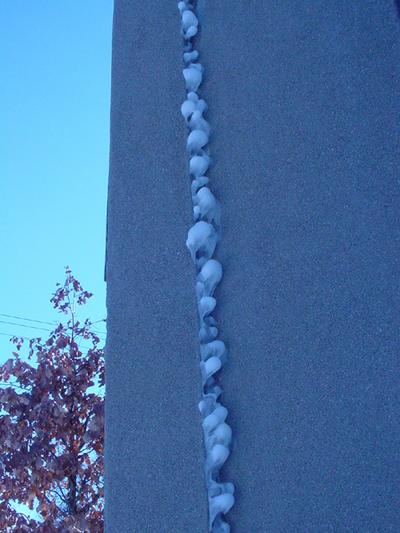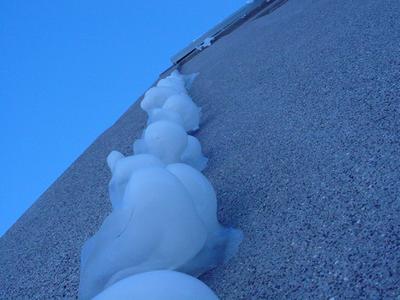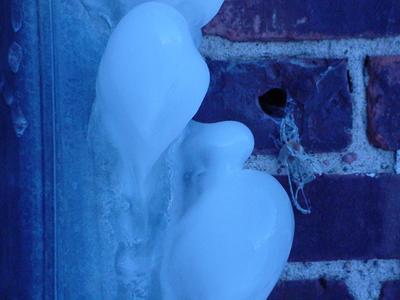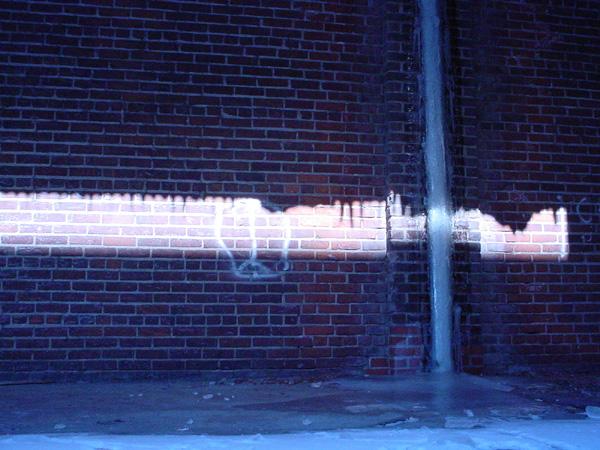Last week Amy suggested I read Ravi Zacharias’ book Sense and Sensuality: Jesus Talks to Oscar Wilde on the Pursuit of Pleasure. It is a short play-like script in which Oscar Wilde is nearing the end of his life (a few days before his funeral) and meets a gardener, but not just any gardener, the Gardener Jesus Christ. Jesus and Wilde dialogue and even meet up with Pascal (someone Wilde very much admired). Jesus confront Wilde’s philosophy of a pleasure seeking life and tears down the un-truths on which Wilde had based his life. The following is my response to Amy (in an email) after reading it (with a little editing for clarity’s sake). I was going to reform it into a blog-type entry, but it’d take more time than I have righ now. Sorry if you haven’t read it and it still doesn’t all make sense, but I think you might get the “feel” of what I meant:
At first I was annoyed at Ravie Z’s writing. The dialogue was a little overdramatic for me. That’s probably why I hadn’t finished it when I started it before at your house. I kept on, though, because I knew you respected it. There is some good stuff in there. I don’t know if I completely agree with his viewpoint about Art, but I can see his what he means. When I read it knowing that Ravie Z. is a theologizing kind of person I started to get more out of it. Some of it I had to reread because it was pretty deep. Some of it was kinda lame to me too, but he makes some excellent points about desire and pleasure. It’s good for Christians to remember that God created pleasure as well suffering and that both follow when we follow Him. But if we seek pleasure first it only disappoints and kills the soul (because it isn’t eternal). Good book! I liked how he framed it with his [Zacharias’] visit to Wilde’s grave and makes the point that if we are concerned with whether or not Wilde was a saved at his end we miss the point.
On his point about Art, I agree with everything except that he says Art is less real than reality [I actually do believe this, but I make a note later as to what I meant when I wrote it]. I tend to believe that Art is not meant to BE reality, but interpret it. That’s why he makes the point about Art, when focus for the right reasons, can be beautiful. Often Art can say more than reality by itself can, because our perceptions are so limited and often narrow. All imaginings are based off of some sort of reality and, in turn, reflect back a new way to look at that reality [Amy pointed out that I don’t really disagree with him at all. She’s right, thus the inconsistencies of email philosophy…but I think I was trying to make a distinction of how Art is an interpreted reality and can change reality for the viewer in a positive way (as well as negative), i.e. the whole idea that ideals aren’t always meant to be attained but they give direction either toward or away from God and we need to know when they have maxxed out their purpose. Even Jesus’ metaphors never perfectly lined up with the reality, but they certainly give us, and most definitely the people of that era, an insight into God and His kingdom. It almost seemed that Zacharius was downplaying God’s voice through Art, as if it could say less than pure logic and philosophy, but I think that they are at about the same level of usefulness if the ultimate focus is God. They even cross over into eachother at times, but they are never reality itself. Art and philosophy for that matter) can never achieve the greatness of the reality of God, but it can bring out God’s reality in our sinful and “Matrix-like” world, like clearing away the fog on a mirror gives us a better idea of what is reflected. So Art is not equal to God’s reality while it can also be more real than our own perversions of reality, which seem real to us ]. I think that a viewer’s interpretation of Art holds an equal amount of responsibility as the artist, because we can’t always know the artists intentions. Ideally, both the artist and the aesthete should have the same standpoint: that of a foundation in Christ. But that can never be certain because that is the way all things we “put out” in life are. We can never be certain that the receptor is seeing it the way we mean or the artist is meaning what we see. The neat thing about Art though is that it has a way of saying so much more than mere everyday words can and more efficiently, and more pleasingly(made-up word?), and can help us make sense of a corrupt world, to highlight real beauty, or sometimes real sin, and change the viewer idea of reality.
Now, of course, God doesn’t need Art to do this and He has better ways, like the Bible and his Grace alone is sufficient. But He certainly uses Art and artists (Christian and Non). One thing I love about Josh is his ability to see God in things, such as songs, where the artist may never have meant it originally. As PK has quoted to from somewhere, “There is nothing so evil that God can’t use it for His good”. I know that some of the poems of Yeats, where you thought he was writing to praise God, but in reality was actually an atheist, trips your trigger. Yeah, his intentions may have been one thing, but I think you saw the Truth. Also, we as Christians always have to weed through the crap that Sin throws at us, from ourselves and others.
I certainly believe in restrictions. There NEEDS to be limits, as anything needs limits. Unfortunately Satan has a way with rotting the hearts of artists, who in turn affect many others away from Christ. Just as I may be able to initially see a naked body as truly beautiful as an aesthete, seeing a naked body gives a foothold to Satan to take control later. There are ways we can restrict ourselves and we have to do what we can to not bring a brother or sister into temptation. There are lines that are drawn by the Lord, but if we stick close to Him we know when we’ve crossed. If we let Him teach us we may even learn to not test those boundaries and stay center.









